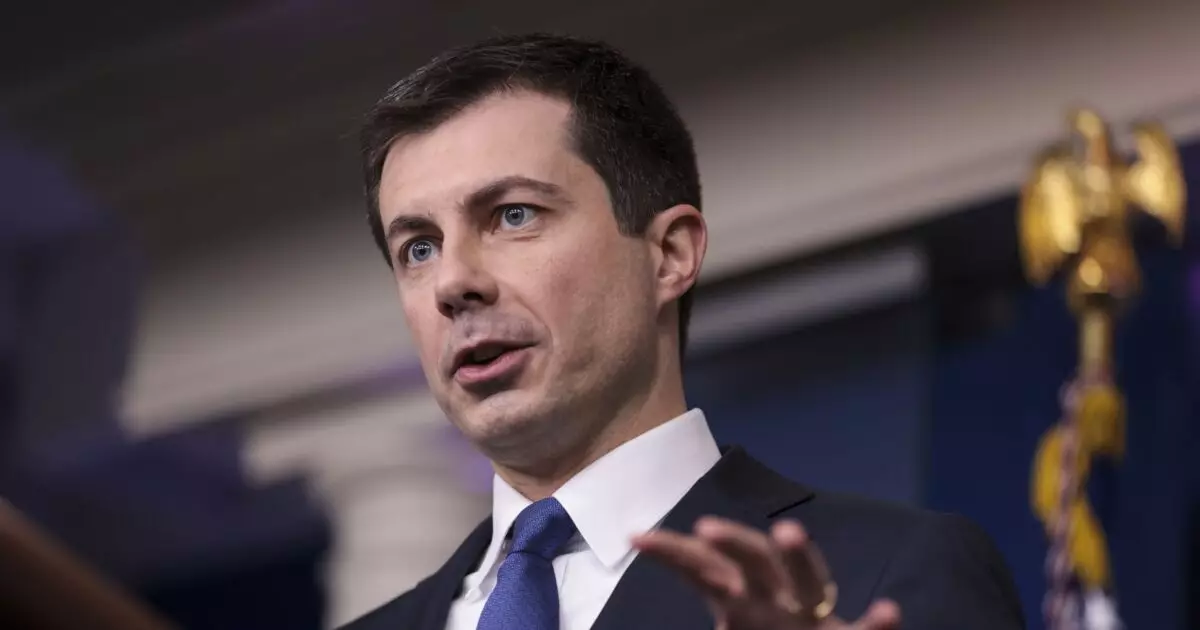On the third anniversary of the Infrastructure Investment and Jobs Act (IIJA), the Biden administration made a significant announcement: a fresh allocation of $3.4 billion in grants aimed at advancing national infrastructure initiatives. This announcement, made by Transportation Secretary Pete Buttigieg, underscores the administration’s commitment to utilize the funds effectively within the remaining months of its tenure. Buttigieg’s remarks emphasized the importance of government responsibility, stating, “There’s only one administration at a time.” This sentiment highlights the urgency to maximize the benefits of the funding before the administration transitions to a new leadership.
The IIJA, a landmark piece of legislation promising a $1.2 trillion investment in infrastructure, has already allocated nearly $570 billion to 66,000 projects nationwide. This extensive funding is critical for modernizing various sectors, particularly transportation, but it faces looming uncertainty, especially with the possibility of a shift in political direction under an incoming Trump administration. Trump has indicated intentions to roll back several programs associated with the IIJA, particularly those focused on sustainability, such as the $7.5 billion earmarked for electric vehicle charging infrastructure. Nevertheless, the funding structures established within the IIJA complicate an outright reversal, as much of the appropriated money is set as advanced funding, which would be challenging for future administrations to dismantle swiftly.
A noteworthy aspect of the IIJA’s success lies in its ability to foster bipartisanship, often a rare achievement in American politics today. During the recent press conference, figures like Kentucky Governor Andy Beshear and Oklahoma City Mayor David Holt emphasized cooperation across party lines, showcasing their collective commitment to infrastructure development. Beshear pointed to the significant $1.6 billion federal grant for the Brent-Spence bridge replacement project as a model of bipartisan collaboration, requiring support from both Republican and Democratic leaders. This unified approach serves as a hopeful testament to the potential for future infrastructure development, regardless of who occupies the presidency.
The newly announced $3.4 billion in grants will be distributed among several strategic infrastructure programs, including initiatives targeting railways, roadways, and port facilities. A significant portion of this funding, approximately $1.5 billion, is allocated for 19 rail projects along the busy Northeast Corridor, which is vital for easing congestion and enhancing connectivity. In addition, $1.2 billion earmarked for 39 states aims to encourage the utilization of cleaner building materials, reflecting a growing commitment to sustainable infrastructure practices.
As the IIJA enters its third year, the momentum built through these significant investments demonstrates a forward-thinking approach to national infrastructure. While political uncertainties loom, the bipartisan support and substantial appropriations made under the IIJA lay a foundational platform for the United States to build upon. The enthusiasm expressed by leaders across the political spectrum suggests not only a recognition of the importance of these projects but also a willingness to collaborate for the nation’s infrastructure future. Transitioning into an era of post-pandemic recovery, the focus on infrastructure continues to promise economic revitalization and improved public services.


Leave a Reply